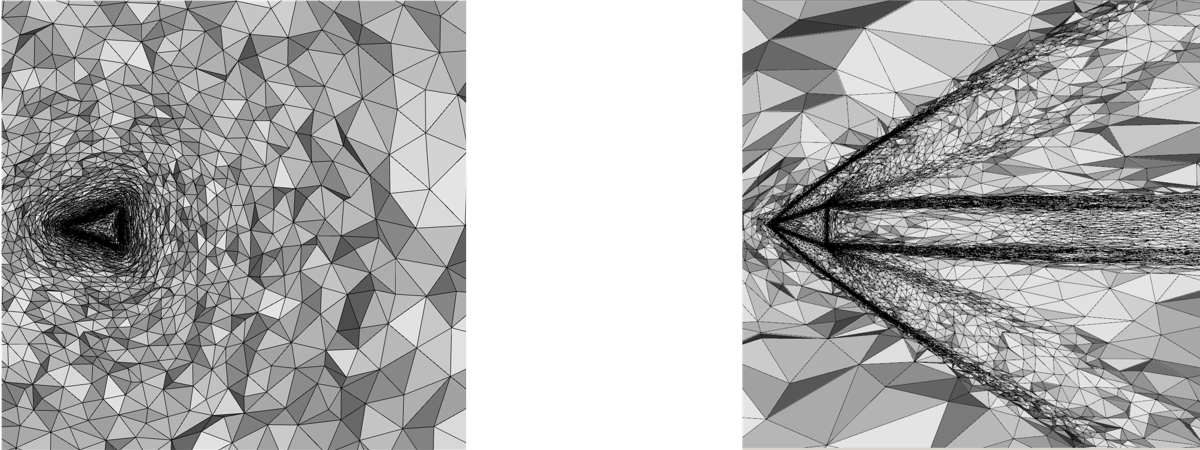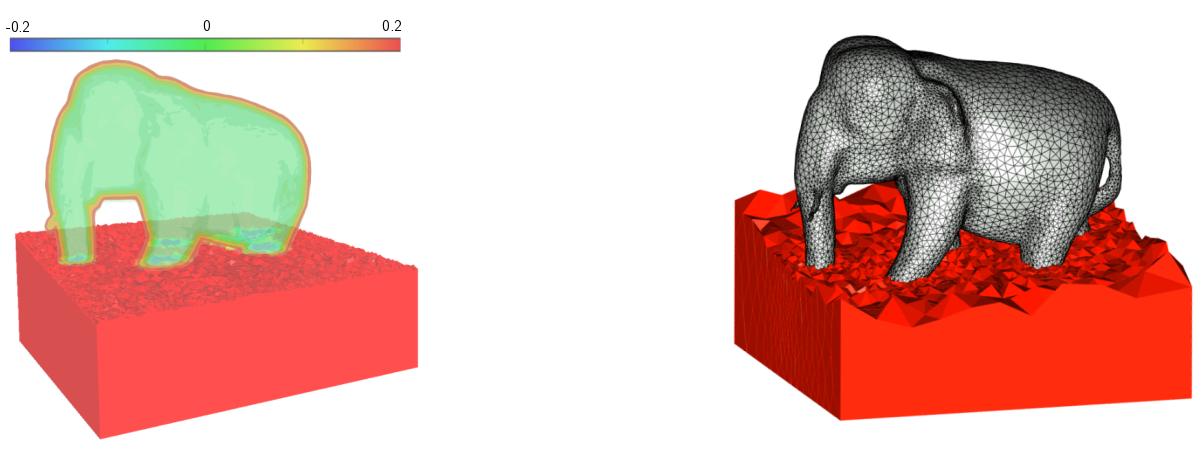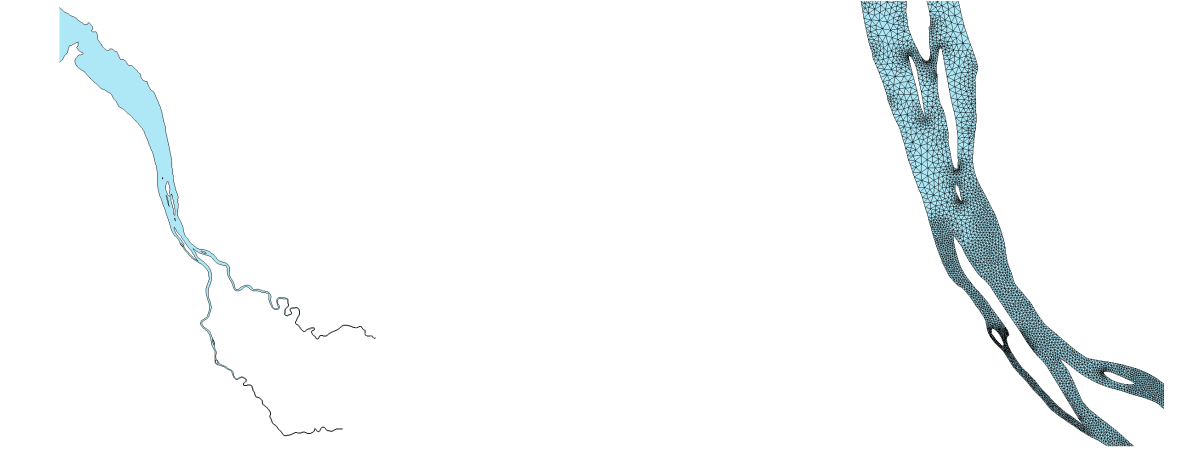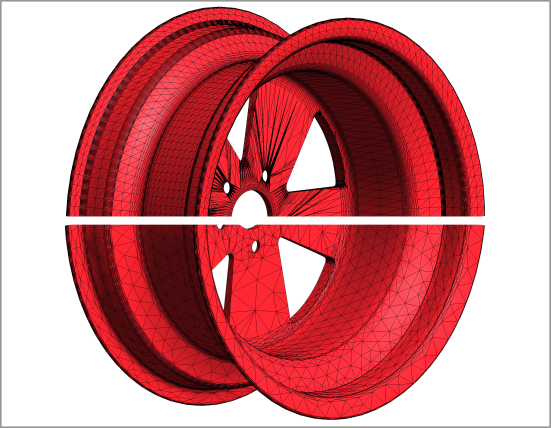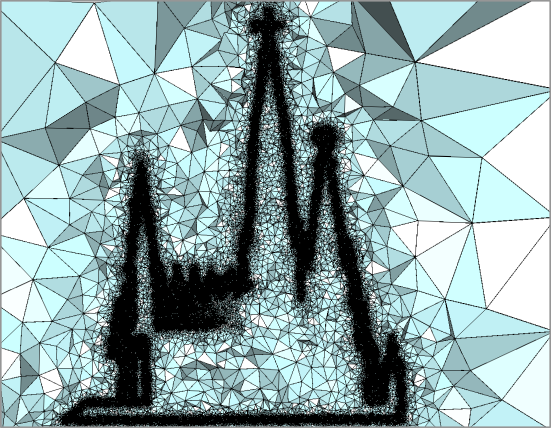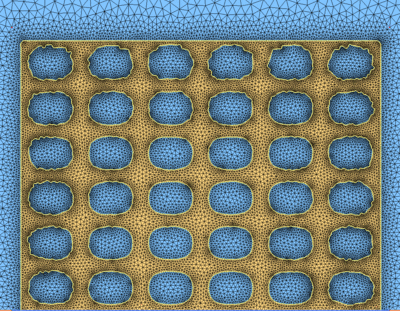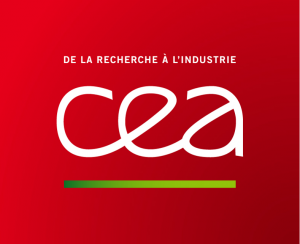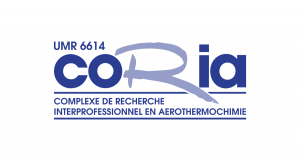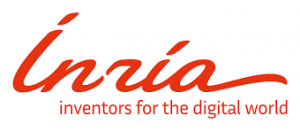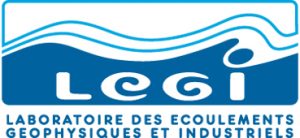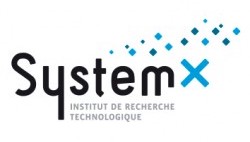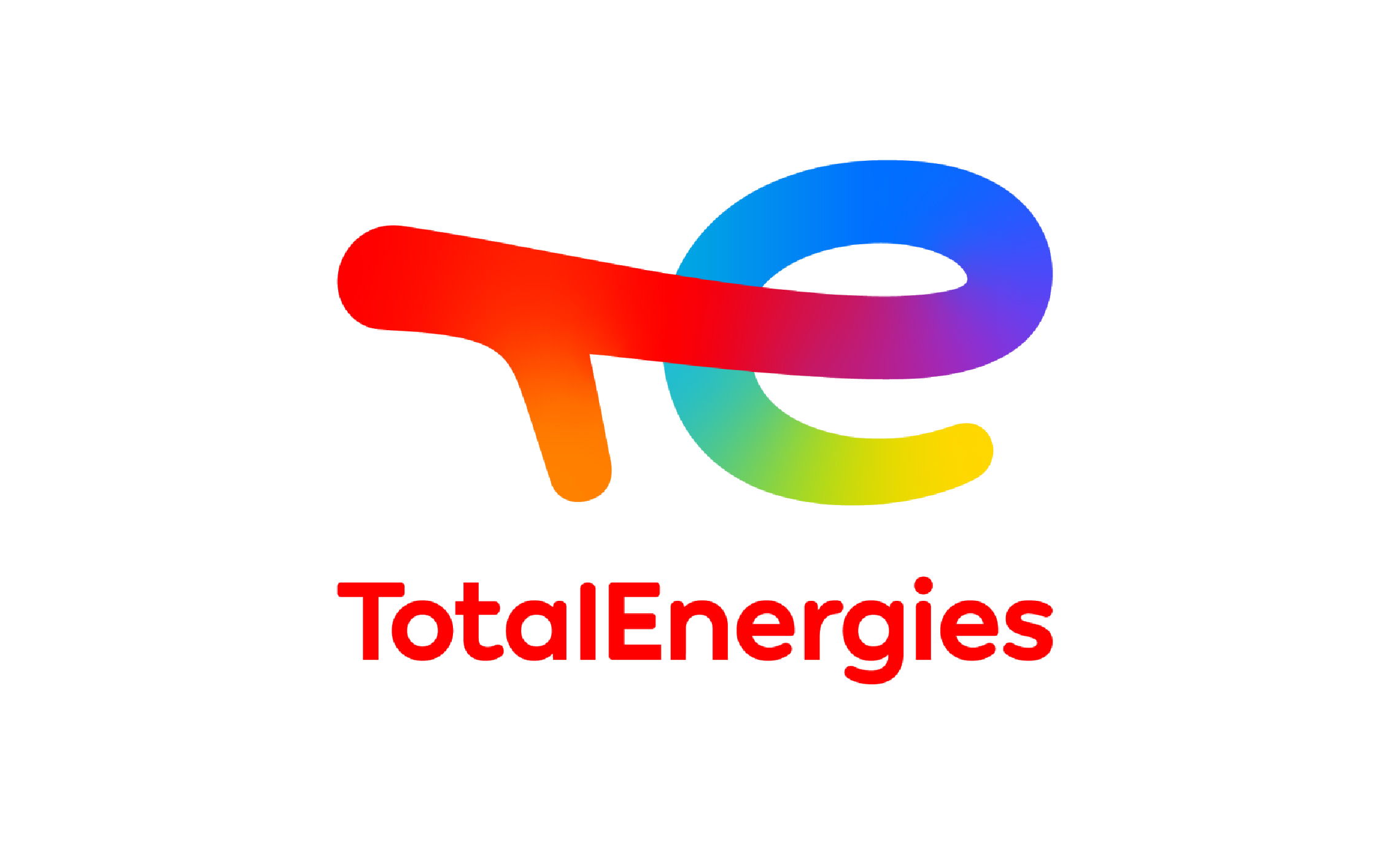- the mmg2d application and the libmmg2d library: adaptation and optimization of a two-dimensional triangulation and generation of a triangulation from a set of points or from given boundary edges
- the mmgs application and the libmmgs library: adaptation and optimization of a surface triangulation and isovalue discretization
- the mmg3d application and the libmmg3d library: adaptation and optimization of a tetrahedral mesh and implicit domain meshing
- the libmmg library gathering the libmmg2d, libmmgs and libmmg3d libraries
Because we believe that working together is the better way to improve, our applications are and will remain open-source (LGPL).
Discover the Mmg Platform (please, be patient, it may take a while).
|
|
|
|
Meshes for cardiac electrophysiology at cellular scale (MICROCARD European project)
Started at the beginning of April, the MICROCARD european project aims to build software that can simulate cardiac electrophysiology using whole-heart models at cellular scale. In collaboration with Orobix and the Università di Pavia we will generate the large and complex meshes for the project. You will find more about…
Forum maintenance
The Mmg forum (https://forum.mmgtools.org) will be under maintenance the 15/04. We apologize by advance for the inconvenience.
Mmg 5.5.1 is out!
The 5.5.1 version of Mmg is available. Do not hesitate to download it! Among others, you can now: preserve input references when discretizing an isovalue with mmg (multi-material mode); discretize an isovalue and adapt it over a metric field in one call; remove small parasitic components (bubbles) inside your level-set;…
Total joins the Mmg consortium!
Thank you for supporting our open source software and welcome to our new member.
They sponsor us
They Use us
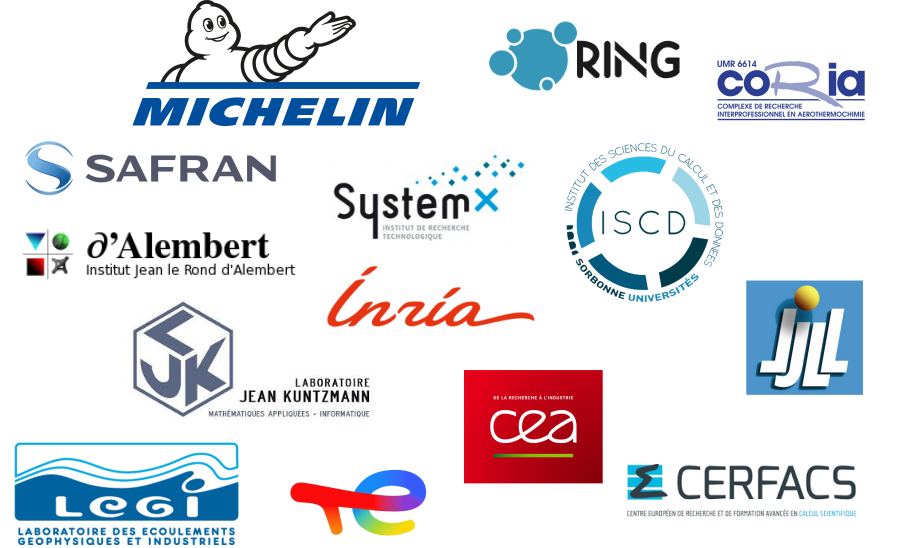
Recent research projects
- ANR project Shapo (ANR-18-CE40-0013 SHAPO)
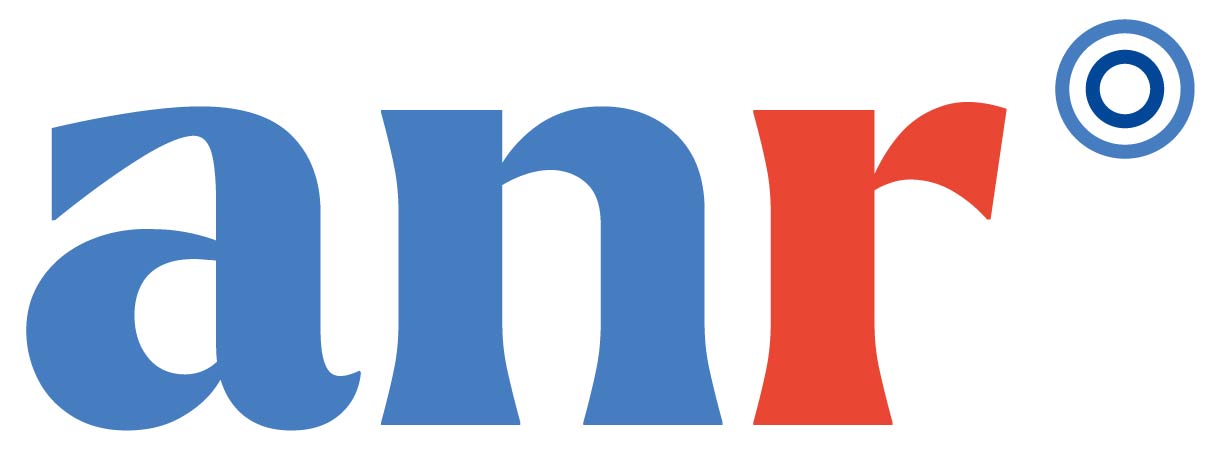
- European project MICROCARD
This project has received funding from the European High-Performance Computing Joint Undertaking EuroHPC (JU) under grant agreement No 955495. The JU receives support from the European Union’s Horizon 2020 research and innovation programme and France, Italy, Germany, Austria, Norway, Switzerland.
EuroHPC projects are for one half funded by the EuroHPC Joint Undertaking, and for the other half by the national funding agencies of the project partners. - IRS project CAOS (Université Grenoble-Alpes)

